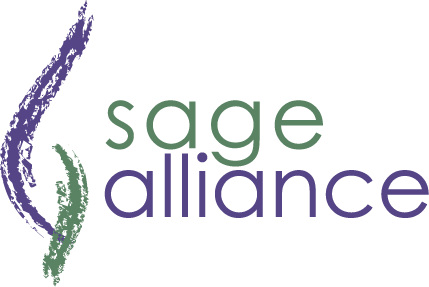In response to my blog OWN It: Giving Feedback Is as Easy as 1-2-3! I created a poll to better understand the challenges you encounter with giving feedback. Below are some of the responses to my discussion question, “Do you find it difficult to give tough feedback to your employees?”
What are your thoughts? Do you agree or disagree with these comments? What is your experience giving feedback? Let me know by leaving a reply to submit your Comment below.
COMMENTS
Without a doubt – praise in public and counsel in private. But at the end of the day – don’t be afraid to say what needs to be said. You are a leader – not a friend. ~ James F.
—
It’s interesting. Many of the managers noted in the post assume that giving tough feedback is due to the employee doing something wrong, or that the employee is somehow responsible for something that needs discussing. Tough feedback could also include organizational changes, and impact to finances/raises, and more. And you can have all of the policies and procedures in place you want, but employees are humans and not robots, they need to be communicated to in a direct, respectful, and clear way, appropriate to the situation. I have always been comfortable with giving great and difficult feedback, but have certainly changed approaches – to be engaging, collaborative, and collective. For example, asking them to define the solutions and next steps. I also like the one response regarding ‘share, concern, help’…. Great piece Shelley Hammell. ~ Bernadette B.
—
I think “own it” is the most important. Feedback is your perception of the situation and should be stated with permission to share your thoughts. ~ Laura D.
—
I have no problem providing tough feedback to employees or subcontractors because as long as the feedback is provided from a place of genuine caring for the person’s improvement, then it can be done in a way they can hear it. I do think that managers need to be very careful to create a safe space for employees to receive that feedback as opposed to everything being documented for HR. When items are documented and put in the employee file, they can be taken out of context later by another party. Managers have to find the right balance. ~ Felicia K.
—
Two things I learned and practice. Praise in public and coach in private. Second, use these three magic words. share, concern help. “I have a concern I need to share with and I need your help.” Worked for me every time. ~ Tom S.
—
The “O”bservation piece helps so much. Not “you are defensive” generally, as an employee, but “yesterday, you got defensive when”. . . Great, easy to remember teaching. Do you ever think it’s okay not to give the why? For example, when someone is late? ~ Melissa M.
—
Great conversation. One thing I see (I run nipping things in the bud workshops to support staff to give feedback) is that we make things personal – either when we give feedback or when we receive it. Feedback is never about us as a person – it is about the way we did something that required a different quality – but it was never saying we are bad. And when we give feedback it is about saying something that was done was out of line/kilter with what was needed, not that that person did anything wrong as such – simply learning the quality needed to provide the services/tasks required. We also need balanced environments where we give great feedback and appreciation ( and be specific – not general or insincere) and when needed we give feedback where something could be more/different. ~ Jane K.
—
What helped me to give feedback was: 1). having a high standard 2).holding myself to that standard and 3) only hiring perfectionists .. if my crew aren’t perfectionist..I’m wasting my time..the work environment shouldn’t be day care. ~ Judith C.
—
It is amazing to me how much time and money is devoted to nurturing employees’ personalities & office communication. Can anyone submit hard numbers that support the special attention to overall financial gain? Or… is it less costly than wage increases in securing productivity gains? Personal & social skills education begins in elementary school and are expected as part of the required curriculum by high school. As long as business supports lower expectations of adults’ character, professionalism, and work habits our national economy and reputation will continue decline. ~ Ingrid H.
—
I don’t generally have a problem letting employees know where they stand on a regular basis. They all pretty much understand the policies of my company and are expected to follow them. I am fair but strong and I want them to enjoy working for us but if they try to put one over they can expect strong criticism. I have little to no problems with my employees. ~ Danielle D.
—
That’s a land mine. Feedback is always an opinion. If you don’t particularly like an employee, something about them, or they think differently than you do, does that merit a quick ‘learning opportunity?’ I’m skeptical of those who are over eager to generously offer feedback to employees who didn’t ask for it. It feels more like micromanaging under the Tzar. There are usually review schedules to give the ‘tough’ meaning negative, feedback by supervisors. Impromtu ‘tough feedback’ will create a culture of fear. Employees might complain to HR of a hostile working environment, or look elsewhere. Keep reviews professional, scheduled, and let everyone know what is expected. ~ Mary Jo Q.
—
Feedback is only as good as the person’s ability to accept it. Many people just don’t want to hear it. ~ Sandra M.
